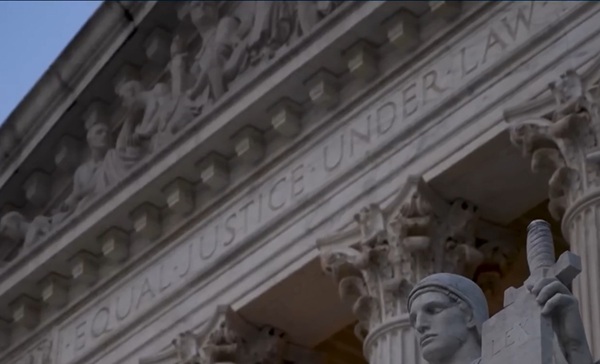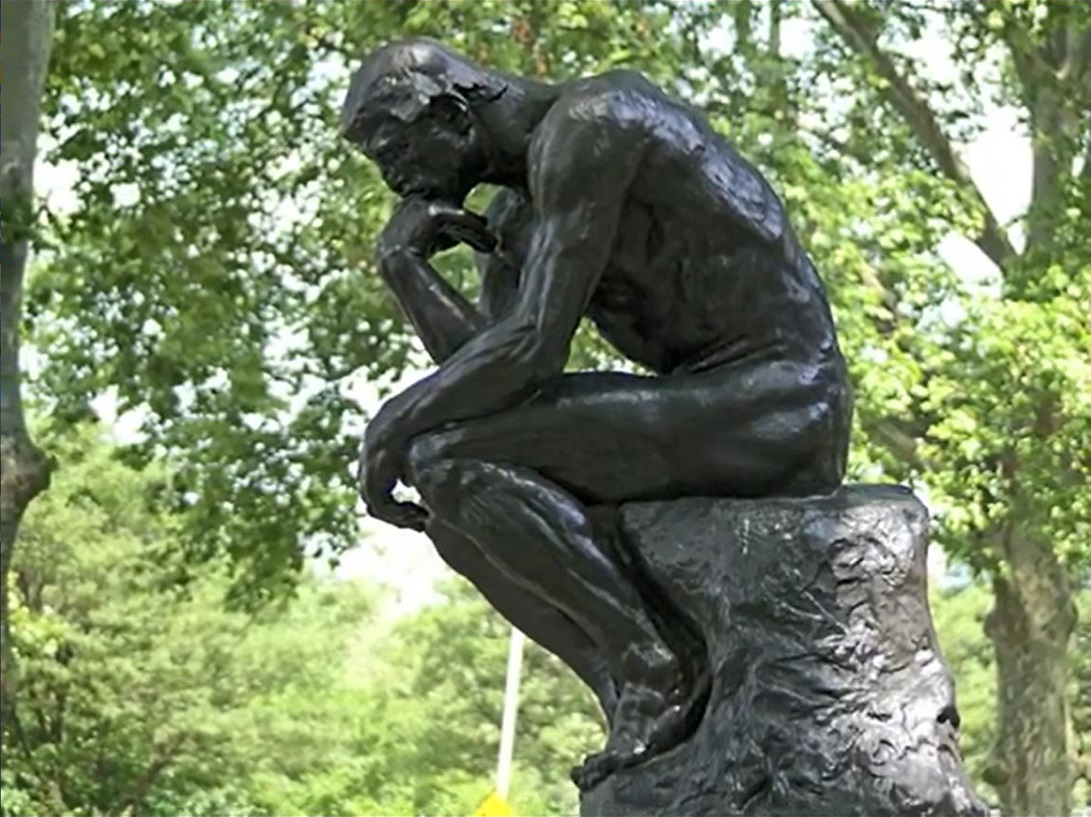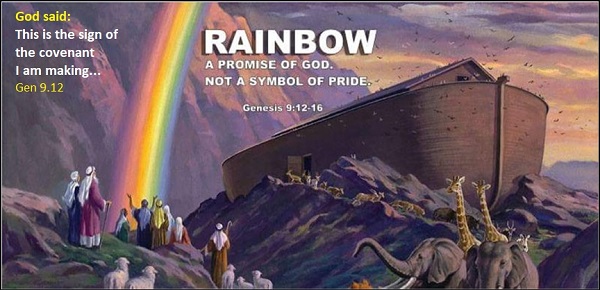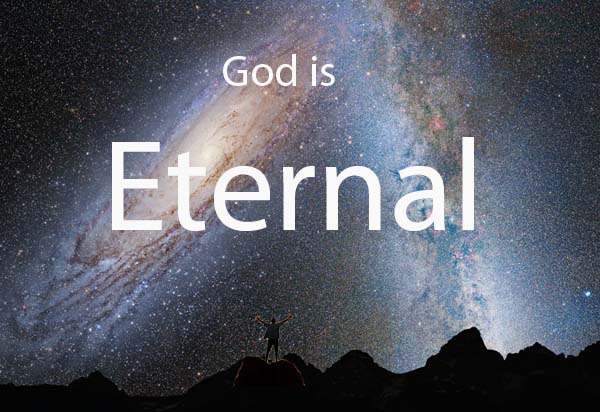
Supreme Court Building
In this response to the 100 questions, the full objection here is, “Christians keep trying to use the law to impose their privately held beliefs on other people.”
Apparently this questioner believes it is only Christians who use the law to impose their privately held beliefs on other people. If this questioner truly believes that, then it shows a striking level of naievité and lack of awareness of how often the law is used to impose privately held beliefs on other people. So let me break it to the questioner gently:
Most, if not all laws that are imposed, are imposed by one group of people trying to use the law to impose their privately held beliefs on other people.









